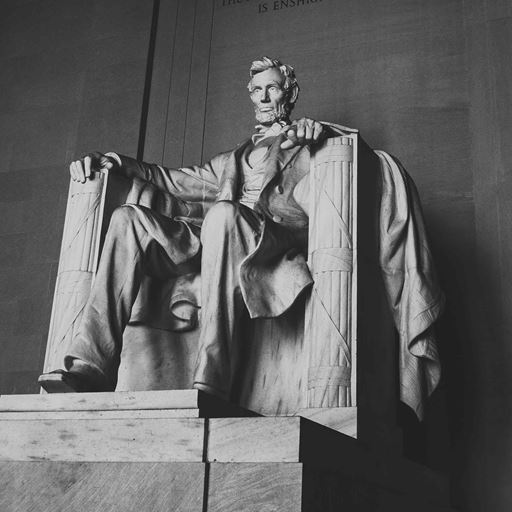“No one has really looked at how the US responded to other empires at this time,” added Dr Priest, who was inspired to explore the period after teaching about America’s place in the world in the Department of History.
The book shows how European empires influenced American understanding of its growing power and how moments like the abolition of slavery in 1865 gave American elites the justification for seeking to spread US civilization to what they perceived to be less-developed nations and cultures.
Concluding the book Dr Priest writes: “Like the progenitors of European empire, American commentators privileged what they thought of as universal concepts of civilization and modernity, and they promoted such ideas because they believed all peoples around the globe should aspire to them…However much they may have balked at some of the methods of European imperialism, whether in the Americas, Africa or Asia, their mentality often increasingly mirrored it.”
According to reviewers the book, which is published by Columbia University Press, is “a novel and welcome contribution to America’s fraught relationship with imperialism”, and a “deeply researched, tightly written” book which “forcefully challenges the exceptionalist view that the United States was both nonimperial and uninvolved in European affairs prior to the 1890s.”
Designs on Empire. America's Rise to Power in the Age of European Imperialism is being launched at an online event on 27 October, 4pm-5.30pm.

)
.jpg?mh=500&mw=500&hash=6568B6C9CCF5290A596BEF6678B6AD0E)



